Anthony Cirillo is a healthcare and caregiving expert and president of the Aging Experience and the creator of the Caregiver Smile Summit. He creates solutions for the industry and connects companies and people to relevant services and products. A professional speaker and media influencer, Cirillo is a fellow of the American College of Health Care Executives with a master's from the University of Pennsylvania.
--
Ben: Most caregiving experts begin their journey as a caregiver. You have a really diverse background and arrived at your mission in a really unusual way. Can you tell our readers about how you became involved in issues for older adults and what you're trying to achieve?
Anthony: I started out in broadcasting, in Philadelphia. But I didn't want to go out of town to pursue my career because I was also a musician – my band was in Philly.
Eventually I moved out of broadcasting and got my first hospital job doing marketing. As a marketing director in a hospital setting, I didn’t really engage too closely with the end users, so I struggled to find it fulfilling. After 12 years of doing that work, I left and spent some time trying to figure out what I really wanted to do.
Around that time I started performing in senior care communities. Soon, I was doing 100 or more performances a year. And it soon crept up on me that I was giving a lot, getting to lot of knowledge, giving a lot of fulfillment and getting a lot of fulfillment. Working with older adults became my calling.
The next actual corporate job I took was in New York with a company on Wall Street that worked with seniors in the boroughs of New York, with what are now Medicare Advantage programs. I was much more than the marketing director. I would stage events, but when I got to the event, I became the D.J., the emcee, and the singer. So I continually found ways to perform in front of people, and found so much joy performing for older adults.
I didn't get involved in caregiving because I was a caregiver. I did eventually become a caregiver myself, but initially my road was through music. And I tell people I got my “dementia training” on the ground.
Ben: Have you found that music plays an important role in the lives of older adults? How did how did you view the impact of your performances for older individuals?
Anthony: You can look at the studies that show the impact of music on people in general. But I could tell you firsthand, and there's not one, but hundreds of these types of stories, where I would go in a care facility and there would be somebody who has Alzheimer's or dementia. And I would see them really struggling. They're in their chair, but they're half asleep or not paying attention. But, they perk up during my performance and not only pay attention, but even clap, dance and sing. Music has a way of going through, penetrating, whatever tangles and plaques are there; it gets to a part of the brain that activates. That is just amazing. There are more and more studies that show the impact of music on people's lives.
Ben: Did you particularly leave any lasting impressions with the residents who saw your performances?
Anthony: There's this one resident that at a community in New Jersey, and she asks the activity director every morning: “Where's my Anthony?” She wants the activity director to bring her an iPad and play one of my shows. She liked that my performances are engaging. I’ll joke around, ask them to sing along, and even tell stories. Sometimes they're corny and silly. During, the Fourth of July, I might do patriotic songs. In November, I'll do songs related to Thanksgiving, but then I'll do Pennies from Heaven and somebody will ask, “Well, why are you doing that song?”
And then I’ll say, “Well, it's National Accountants Day!”
Ben: Are you able to make individual connections with the residents during your performance?
Anthony: When I came down the Carolinas and I was just starting my consulting business, I also did a lot of entertaining because I was looking for something to do during my downtime. And I found a place in Hickory, North Carolina, an assisted living community, and I would entertain there. And I met Esther. And I tell people that Esther became my designated heckler.
She would roll her eyes when I would say funny stuff. And I’d explain to her that November is for accountants. She would roll her eyes like she really doesn't believe me. And so Esther and I became really close friends over many years that I was singing there. After some time, the activity director at that community called me and said, “Hey, when you come up here, can you make some time to go visit Esther in the hospital with me?” I said, sure, and I didn't really think anything of it.
We finished the performance and went to the hospital. We drove together and the activity director told me, “Esther had died and they revived her.She's in the coronary care unit. And she wants to speak to you.”
“Why?” I asked. I found out when I got there. Esther was lying in bed and her daughter sat nearby. Her daughter told me that Esther wants me to sing a specific song.
It's a song that I didn't know, called Because He Lives. It’s a touching and beautiful song:
Because he lives
I can face tomorrow
Because he lives
All fear is gone
Because I know he holds the future
And life is worth the living
Just because he lives
So we talked a bit more, and I finally sang Unforgettable for her, because that's what she was to me. But I told her I was going to learn Because He Lives. I went home and found the backing tracks and I played the guitars and I did multiple vocals and I put a little CD together with a three and a half minute song and I sent it to her.
She was out of the hospital, back at assisted living, and about a month goes by. The activity director calls me and told me that Esther's in hospice. And then a couple of weeks later, she said Esther had passed. I don't make it a habit of going to the funerals of residents who I've entertained because it could actually become a full time job. But I decided I was going to Esther's funeral. Something was tugging at me to go and I couldn’t explain it. And so I went. And of course, on the program is the song Because He Lives. As I’m finding a seat, the daughter came up to me. She told me that she never cried until I walked in, and gave me a hug. So I kind of knew something was up. I didn't know why I would elicit such a strong response.
The daughter asked me: “Did you hear about my mother's last day of life?”
I said, “No, I didn't.”
She explained, “Well, on her last day we played your CD with Because He Lives over and over again. And eventually I knelt down next to mom and sang along, and basically told her that it’s ok to let go. That everything would be OK.” Esther passed that day.
I have a lot of those Esther moments. That's one of the most profound. But it gets to the fact of why I do what I do and why I can't abandon what I do. I left hospital health care where I could have had a much more lucrative monetary career to come into long-term care and become an entrepreneur. There are ups and downs. Some famine and some good times. So frankly, when I have the tug of wanting to make more money, I have Esther pulling at me saying, “Well, hold on a minute, why are you doing this in the first place?”






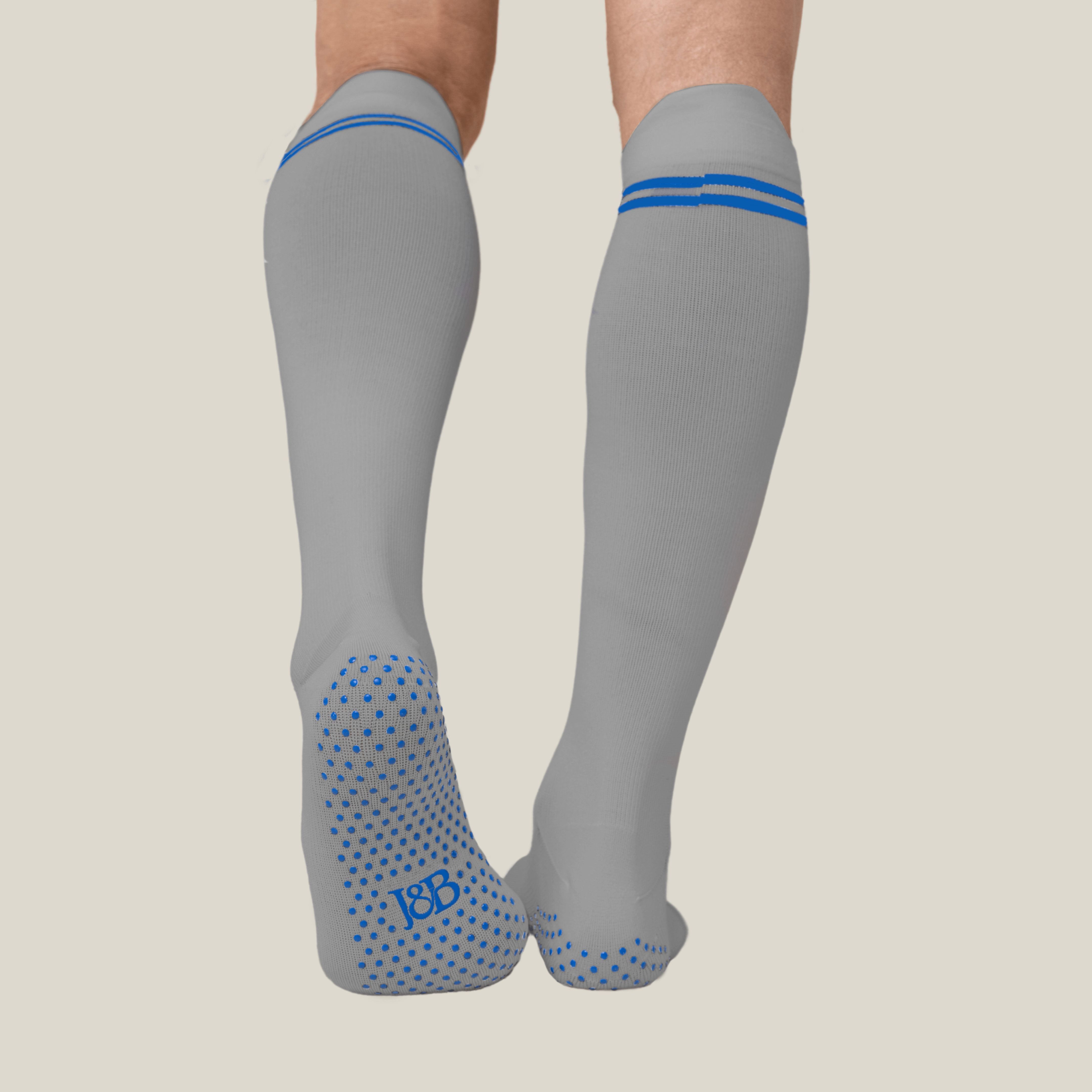




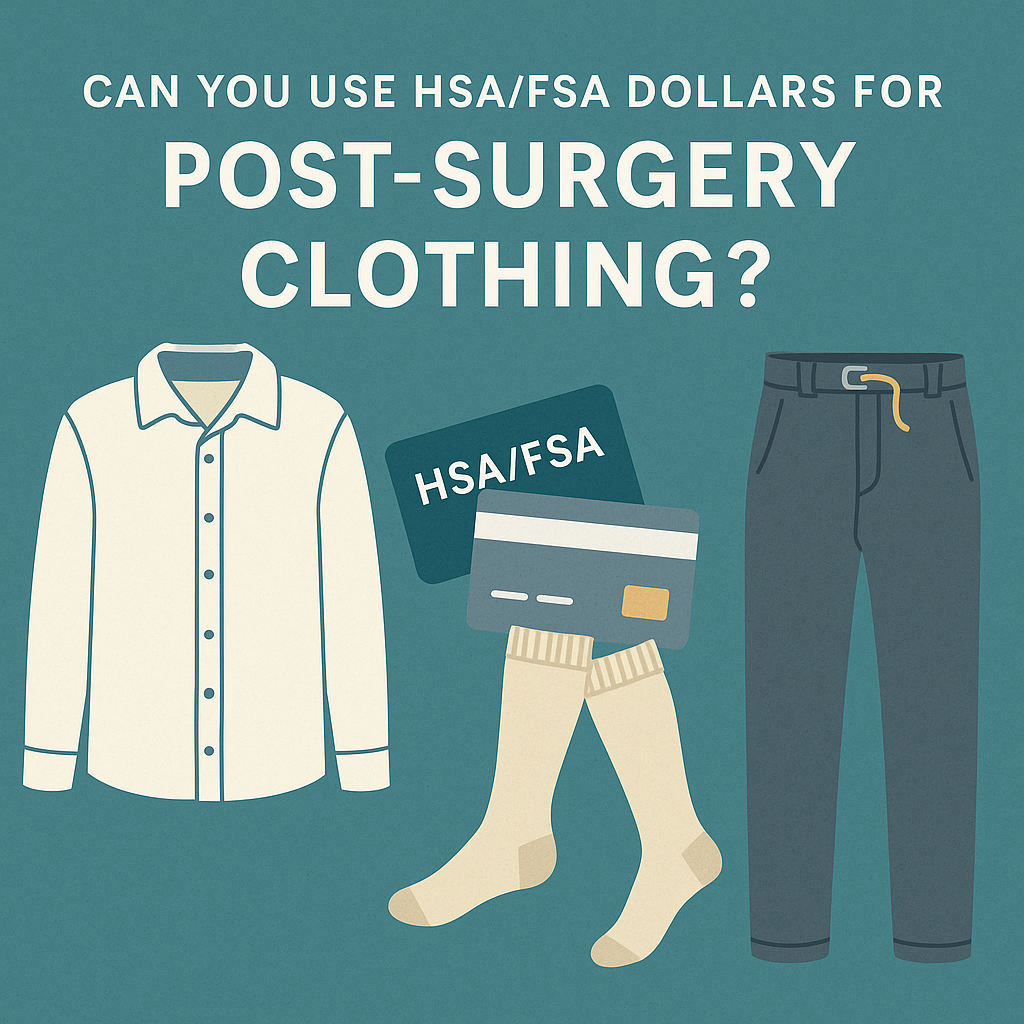
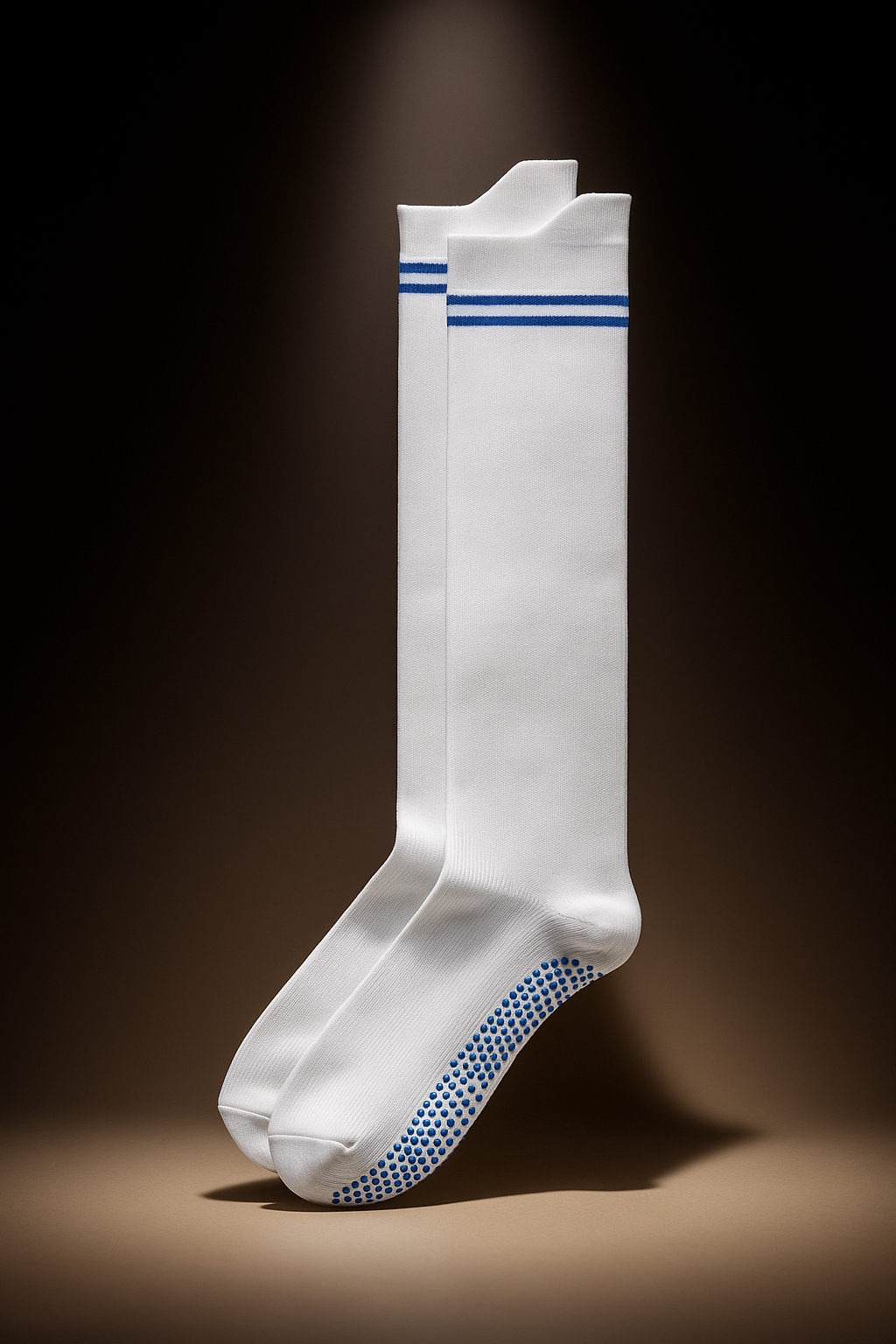












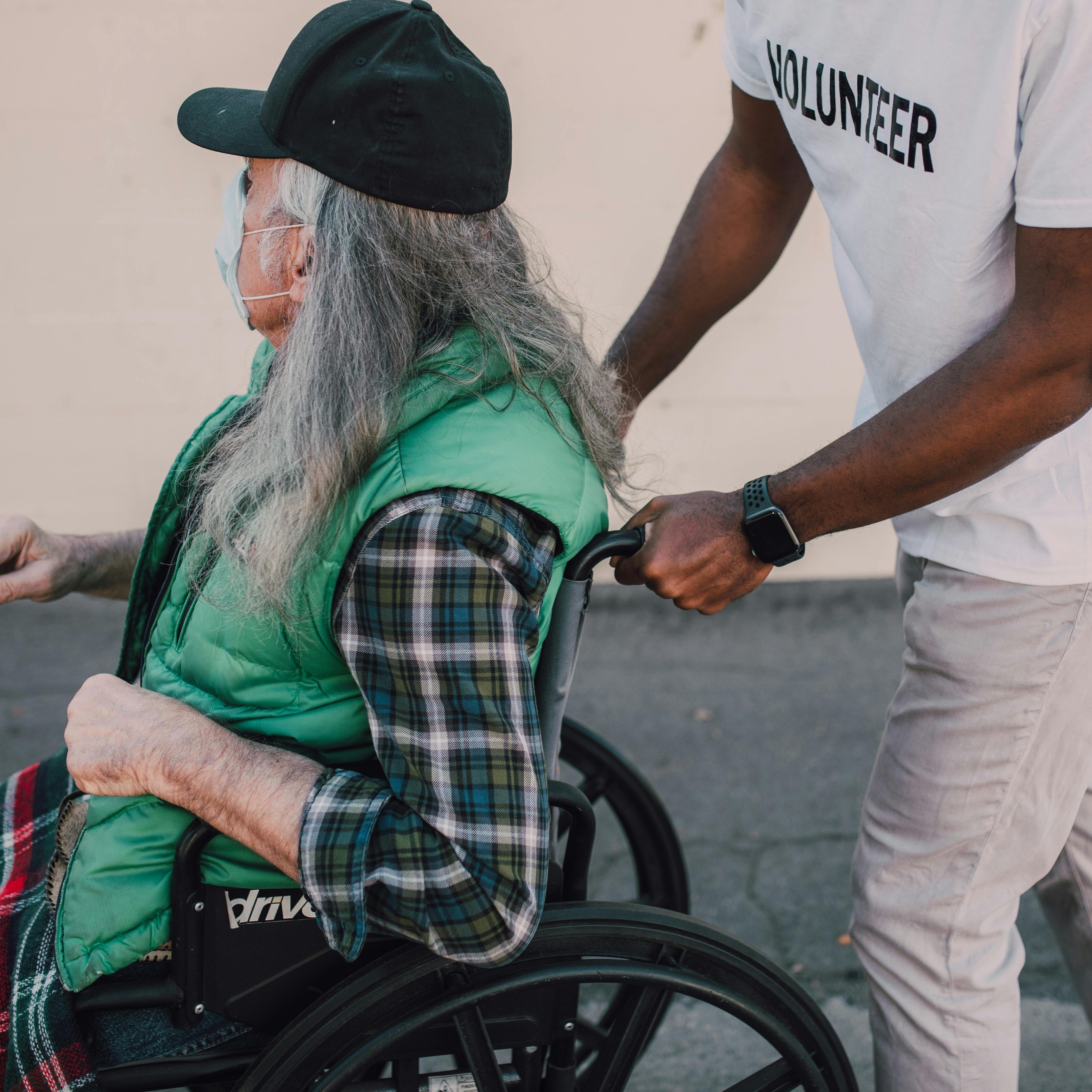





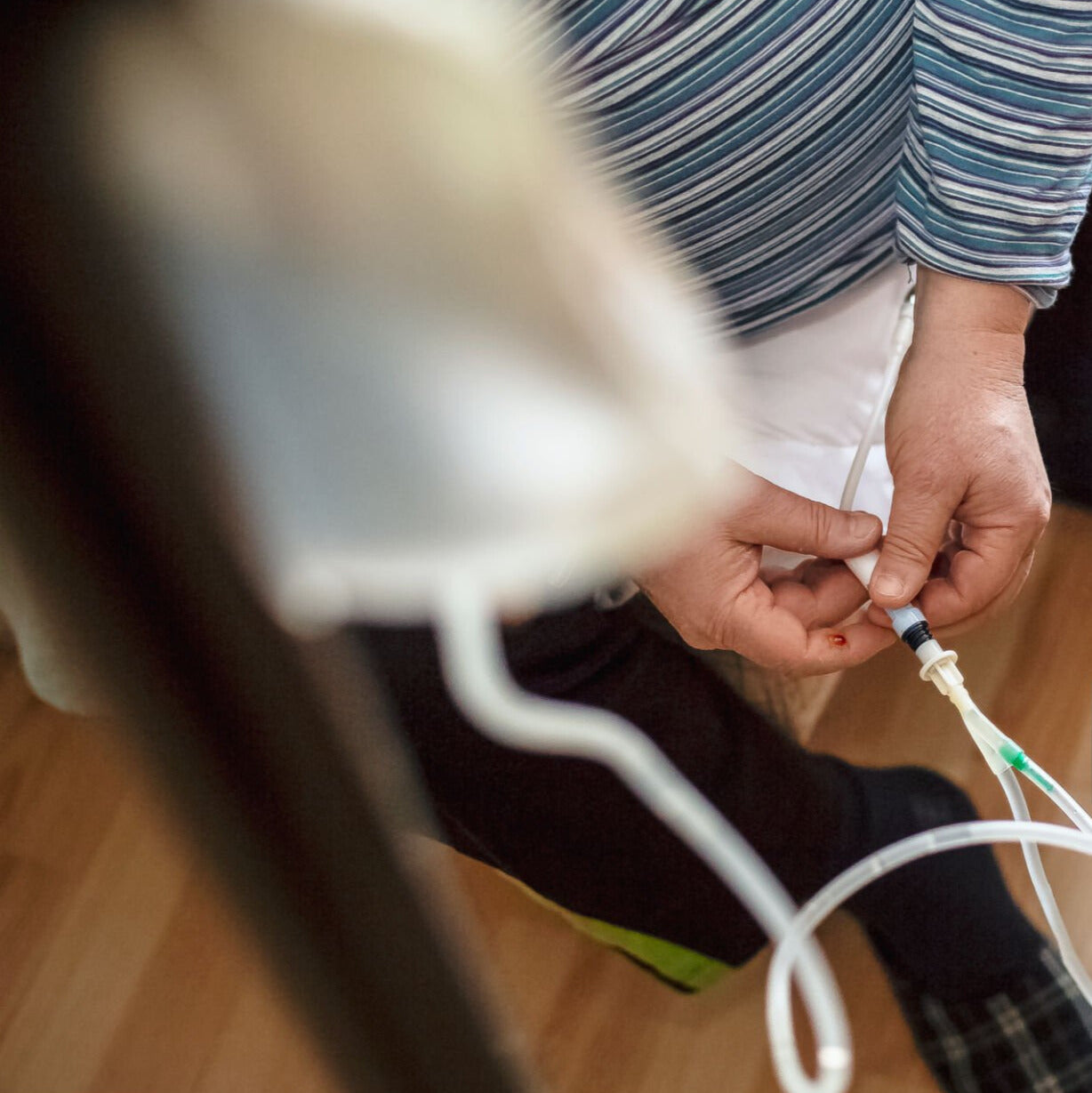

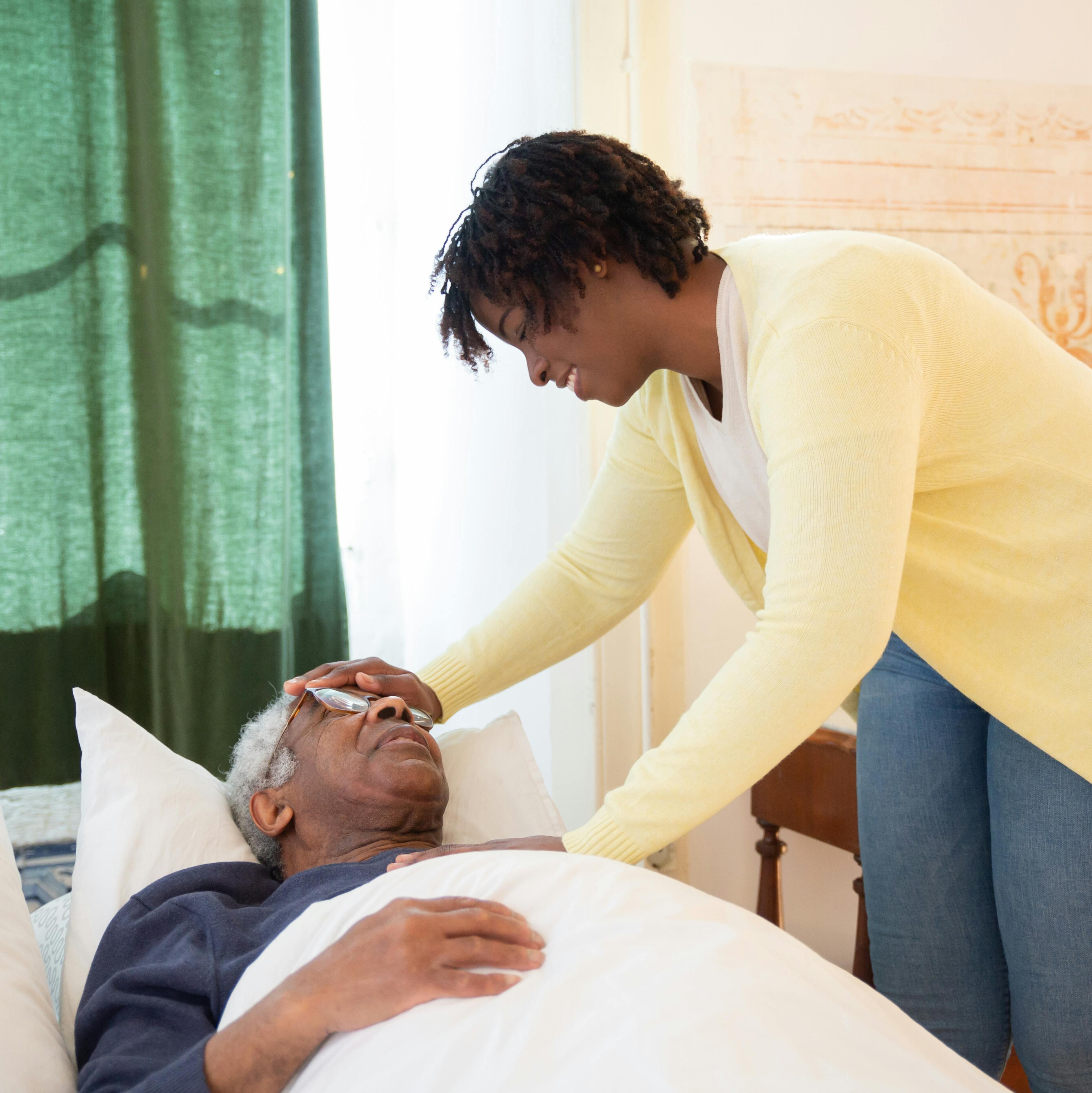

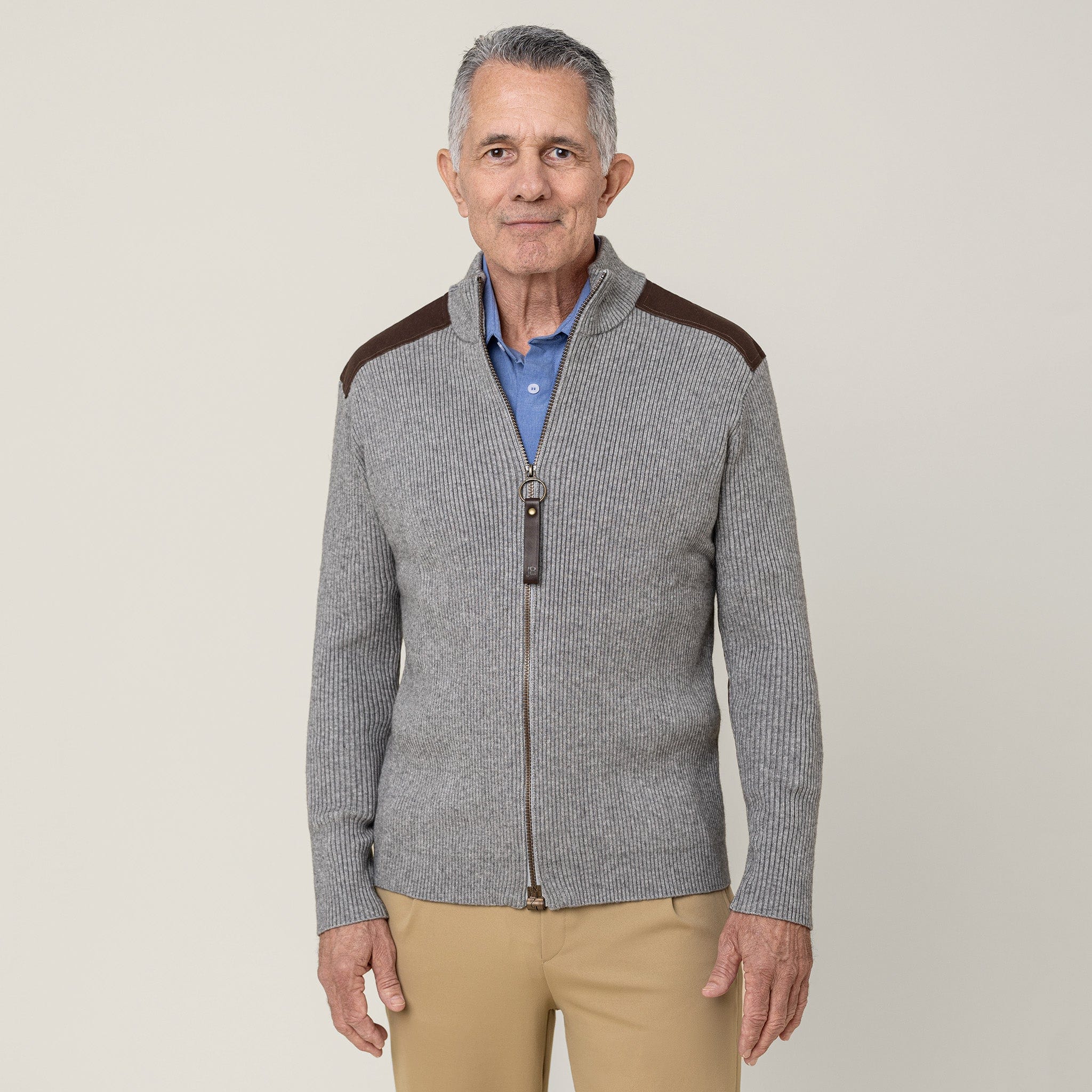
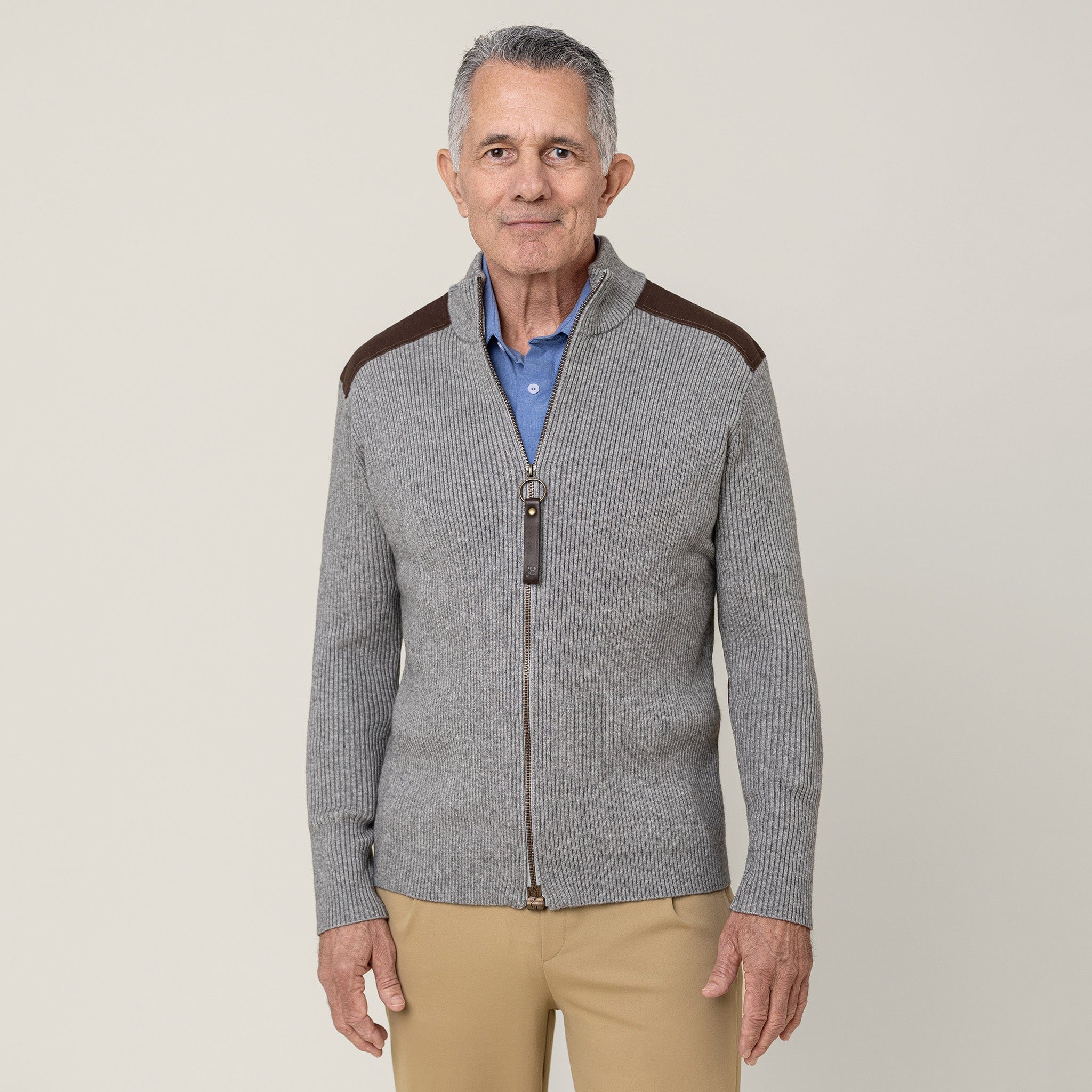
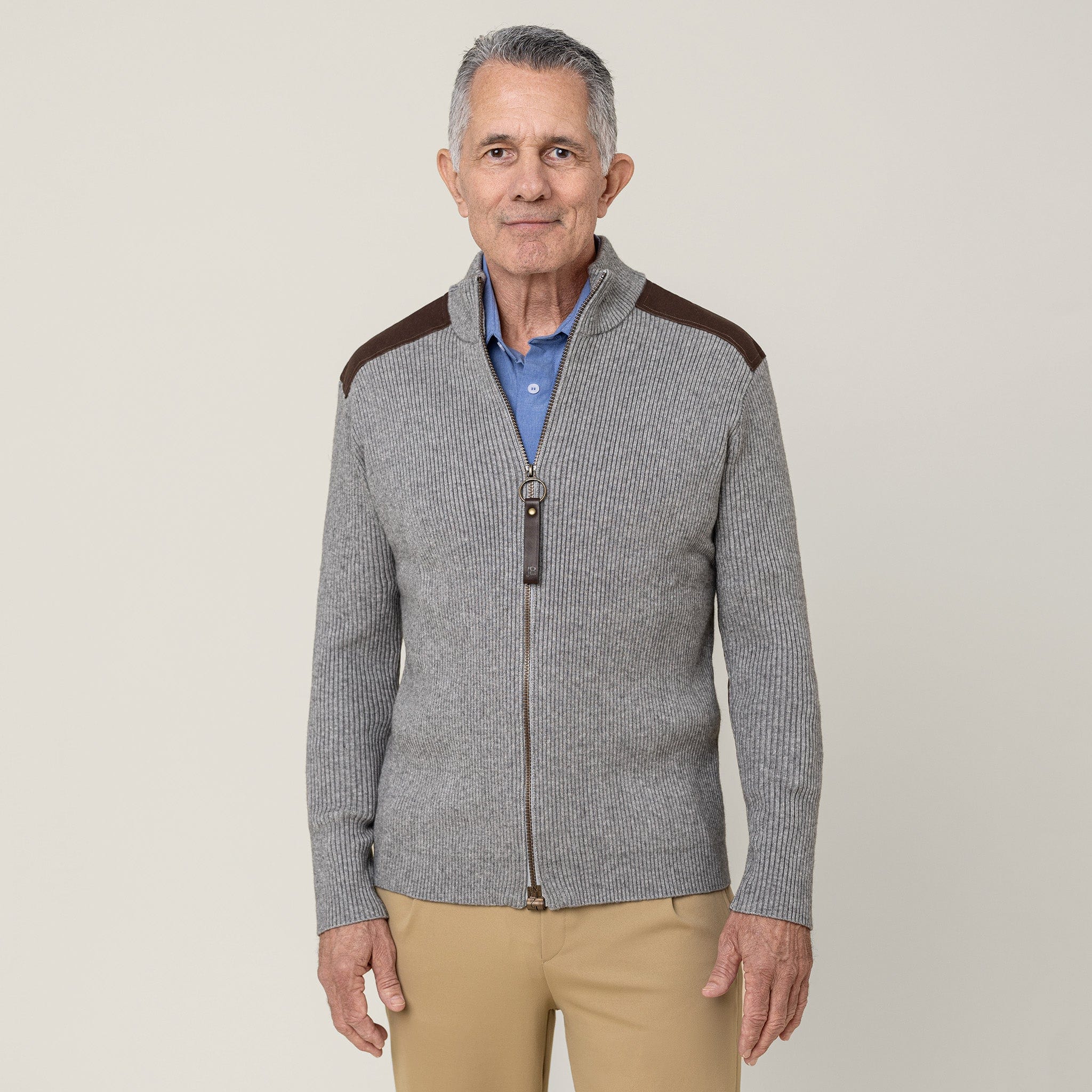
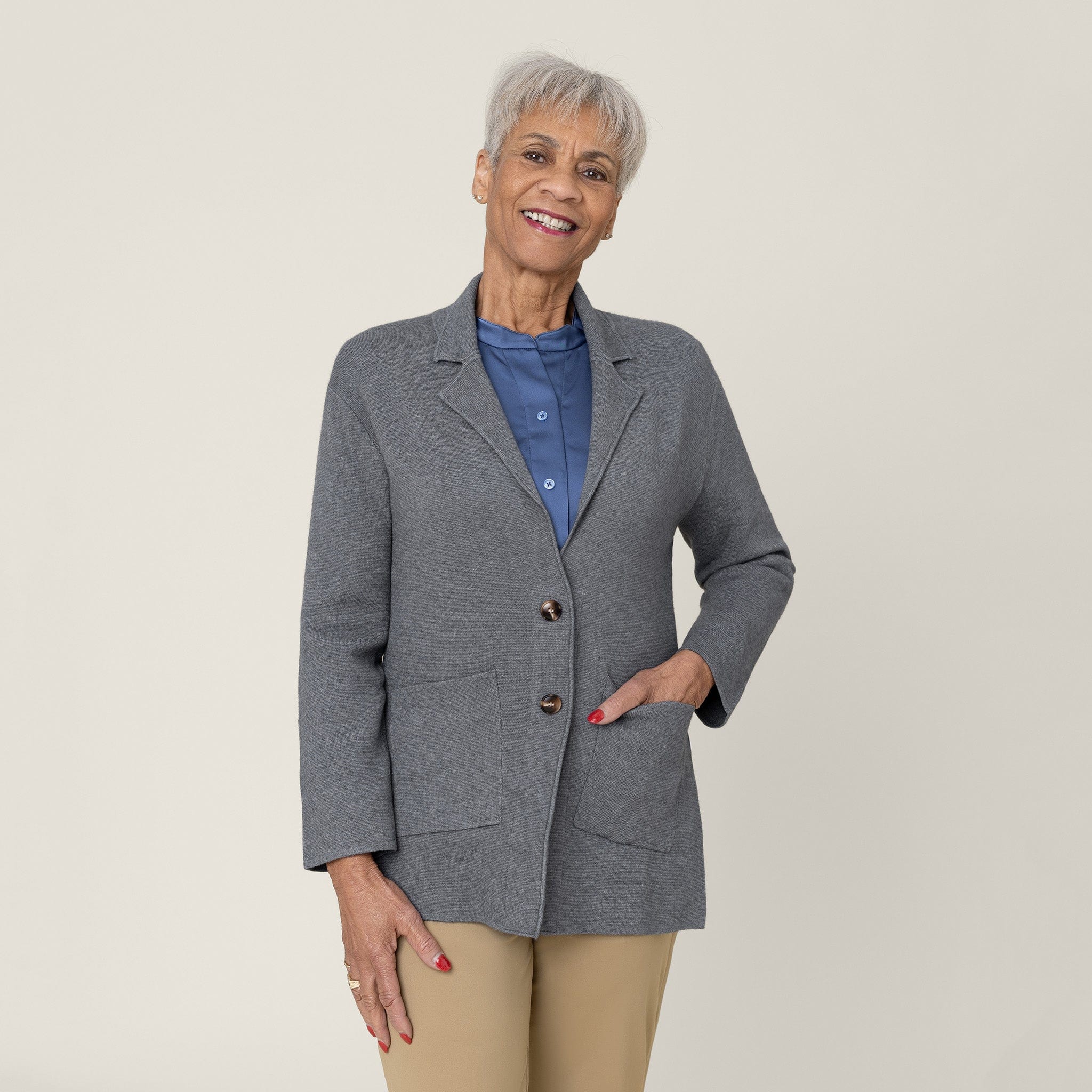

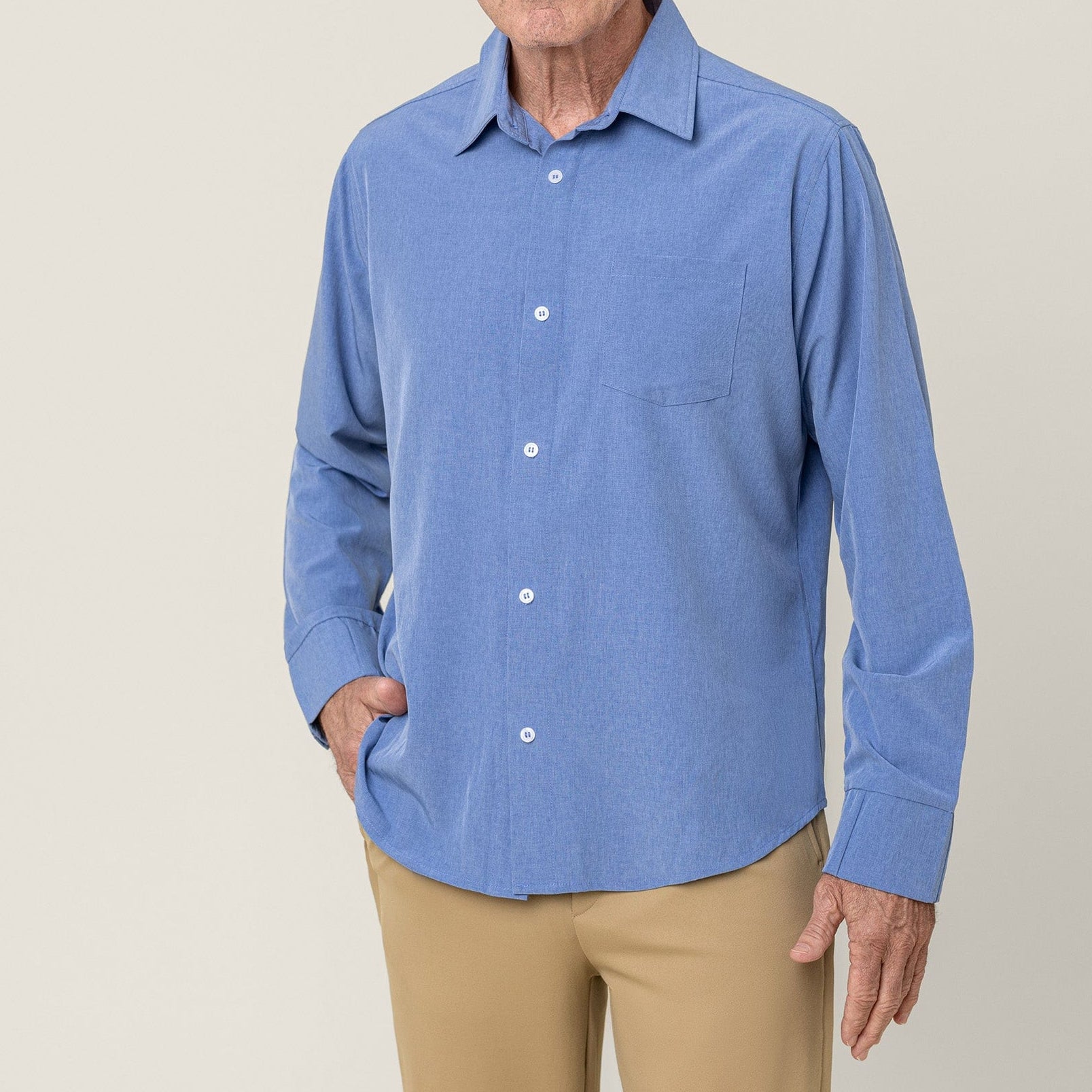


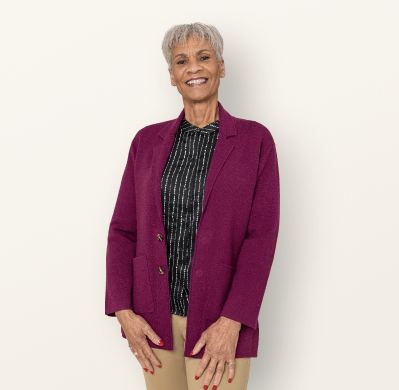
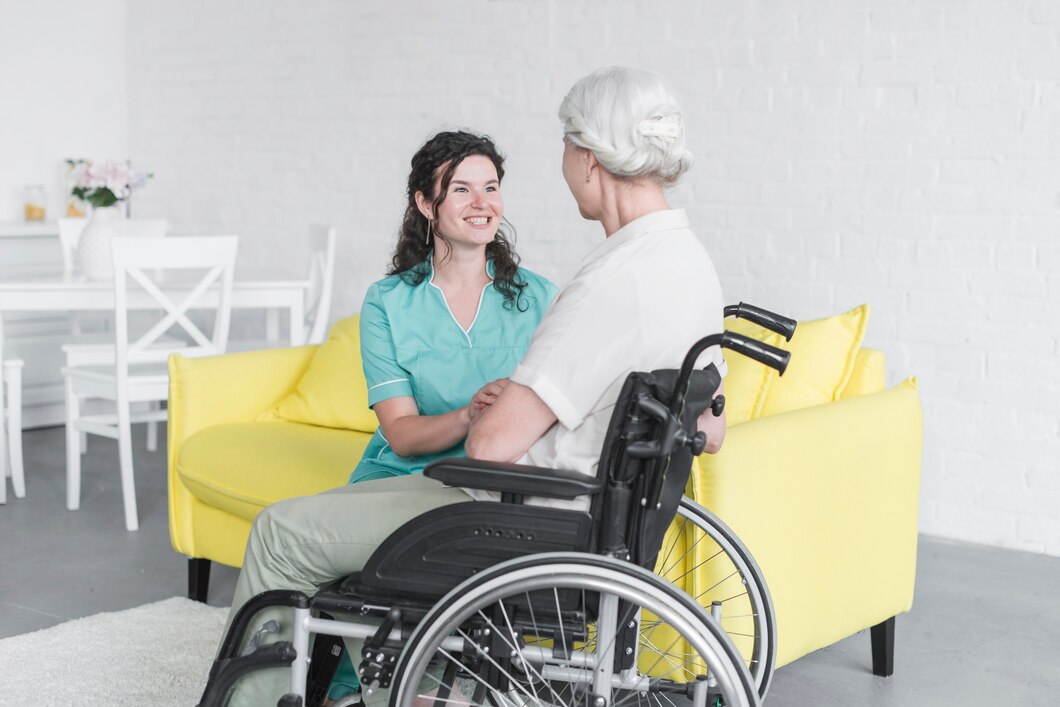


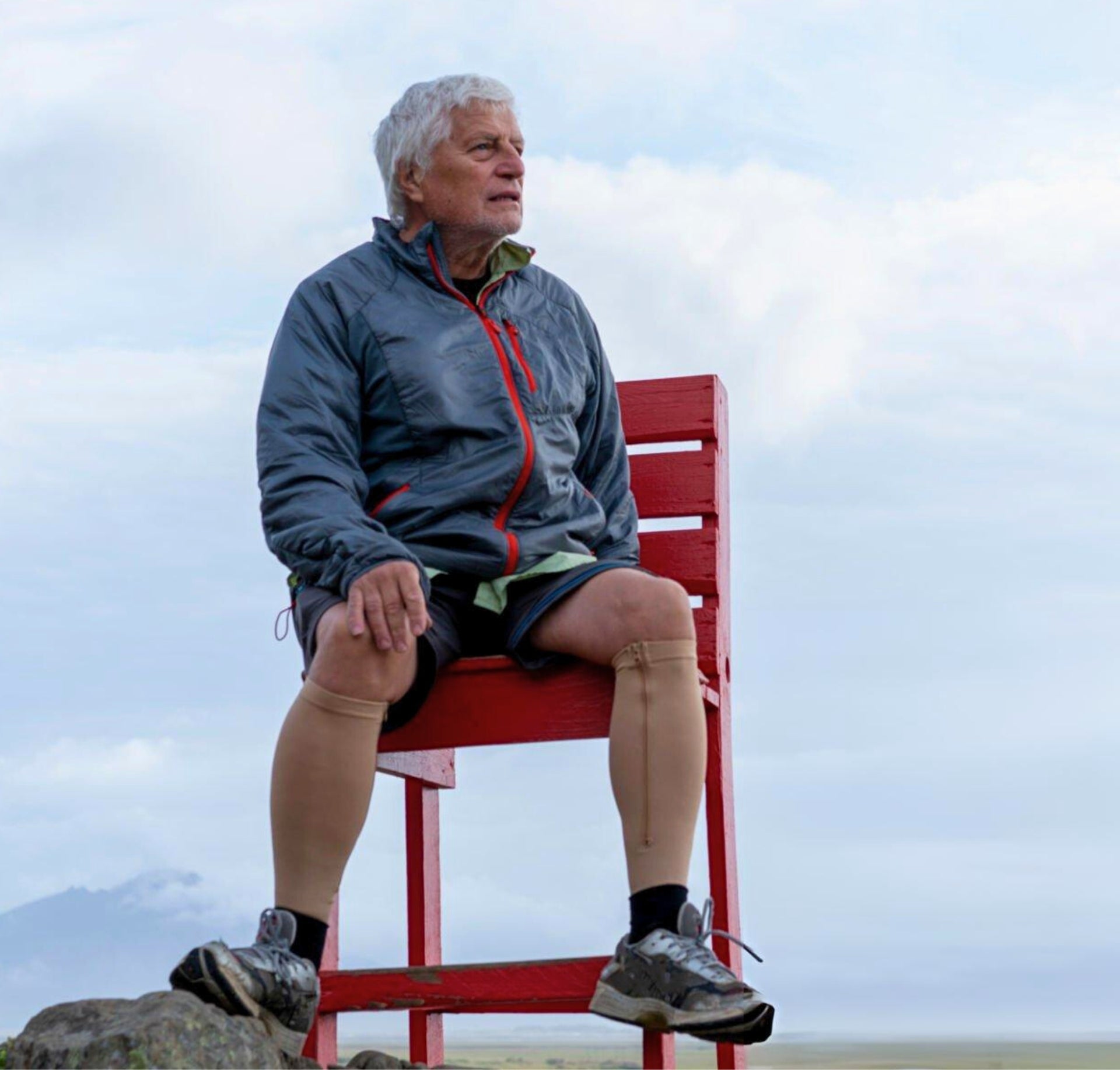

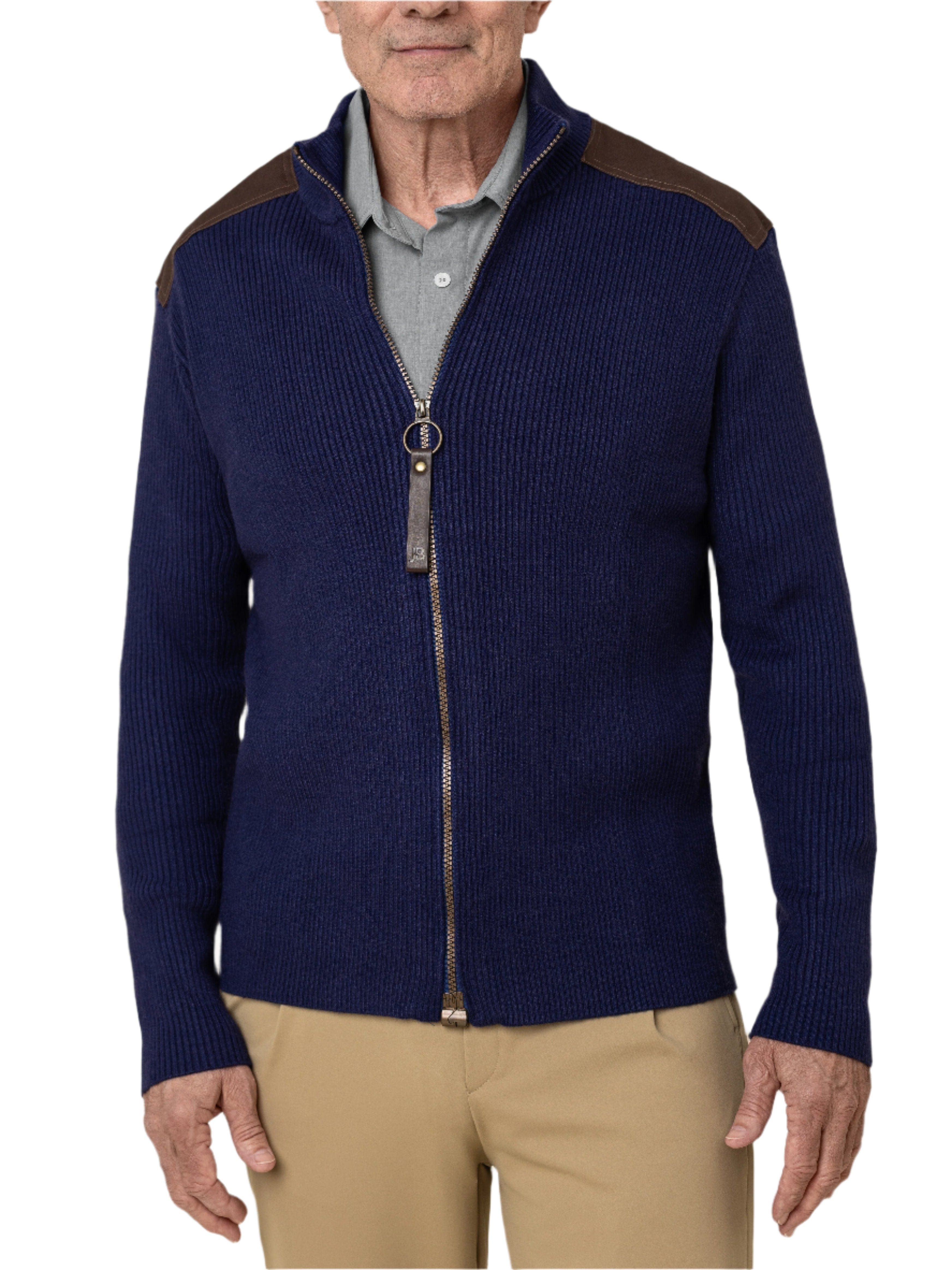



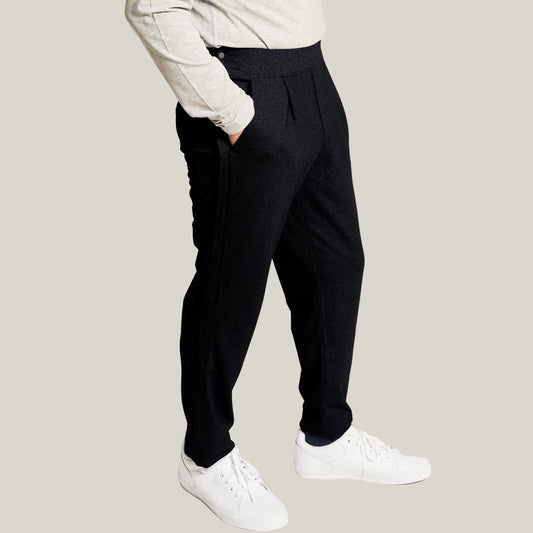




1 comment
Poignant and touching…music is its own special language—